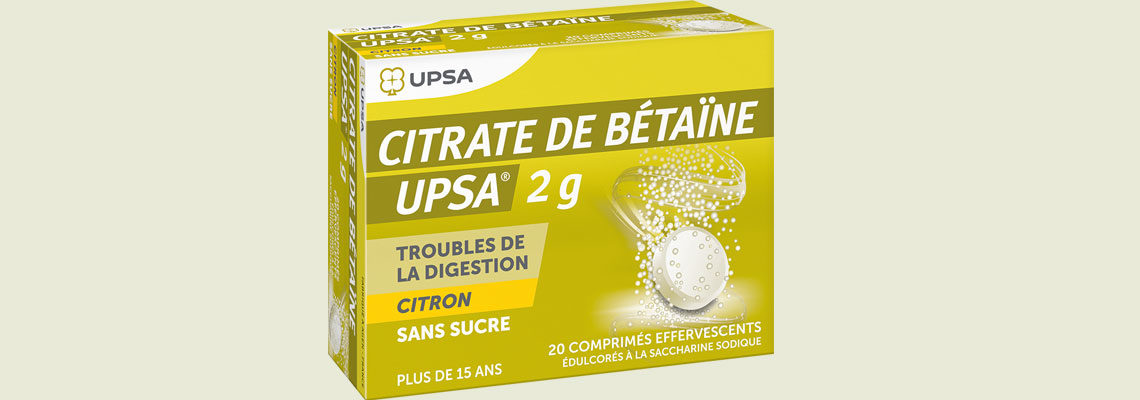Betaine citrate is a dietary supplement that is often used to improve physical performance and to reduce fatigue. It is also sometimes used to treat heartburn and other digestive issues. Betaine citrate is generally safe to use, but there are some potential side effects to be aware of.
What is Betaine (Cystadane) used for?
Citrate de betaine lemon flavour 2g, effervescent tablets should be used when your doctor prescribes it for you. It is important to follow your doctor's instructions when taking betaine citrate. The usual dose is 3 grams (g) taken by mouth three times a day. You should take betaine citrate with meals. If you miss a dose, take it as soon as you remember. If it is almost time for your next dose, skip the missed dose and take your next dose at the regular time. Do not take two doses of betaine citrate at the same time.
What is the most important information I should know about Betaine (Cystadane)?
Betaine citrate should be used as directed by a healthcare professional. The usual dose is 6 grams per day, taken in two divided doses. Betaine citrate should be taken with food. If you miss a dose of betaine citrate, take it as soon as possible. If it is almost time for your next dose, skip the missed dose and go back to your regular dosing schedule. Do not take 2 doses at once.
What are the side effects of Betaine (Cystadane)?
Betaine citrate should be used when there is an increased need for methylation, such as in pregnant women or those with certain genetic disorders. It should be taken with food or a glass of water, and the dosage will vary depending on the individual. Betaine citrate is generally well-tolerated, but side effects may include nausea, vomiting, and diarrhea. If you experience any of these side effects, stop taking betaine citrate and speak with your doctor.
Can I take Betaine (Cystadane) if I’m pregnant or breastfeeding?
Betaine citrate should be used when pregnant or breastfeeding if the mother has a homocysteine level above 7 micromoles per liter (µmol/L). Betaine citrate can also be used to treat high homocysteine levels in pregnant women who have a family history of neural tube defects.
What drugs and food should I avoid while taking Betaine (Cystadane)?
Betaine citrate should be used when prescribed by a doctor. It is important to follow the directions on your prescription label and take betaine citrate exactly as directed. Do not take more or less of this medication than prescribed.
Betaine citrate may be taken with or without food. If you have stomach upset, you may take this medication with food.
Shake the betaine citrate liquid well before each use. Measure the liquid with a marked measuring spoon, syringe, or cup.
Your doctor will probably start you on a low dose of betaine citrate and gradually increase your dose.
Do not stop taking betaine citrate without talking to your doctor. If you stop taking betaine citrate, your homocysteine levels may increase.
Betaine citrate should be used when you are trying to increase your levels of betaine in your body. Betaine is an important nutrient that helps to detoxify your liver, improve digestion, and protect your cells from damage.
